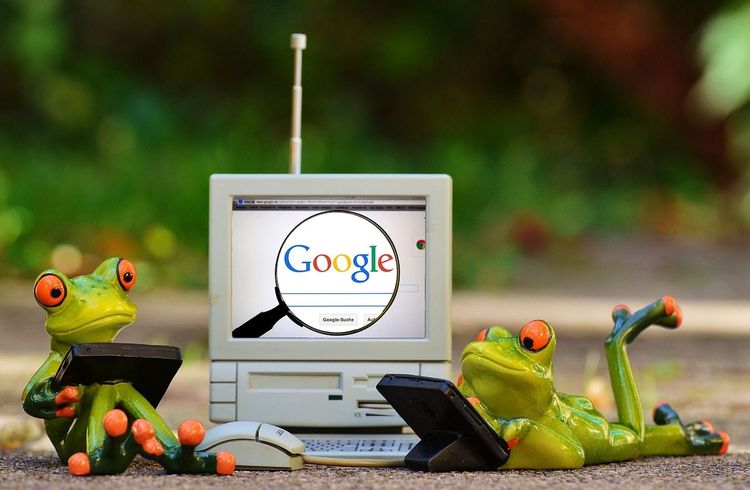5 Surprising Insights from OpenAI's Emails with Elon Musk
Most people like

Discover our AI-powered platform designed to automate content clusters effortlessly. Elevate your organic traffic and enhance your search rankings with cutting-edge technology tailored for modern digital marketing.

Introducing an AI-Powered Essay Writing Tool Designed Specifically for Students
In today's fast-paced academic environment, students often face the daunting challenge of crafting well-structured essays while juggling multiple responsibilities. Our innovative AI-powered essay writing tool simplifies this process, offering personalized assistance that enhances writing quality and boosts productivity. Whether you need help brainstorming ideas, structuring content, or refining your final draft, this tool is your ultimate writing companion, empowering you to succeed in your studies. Unlock your full potential with AI-driven support tailored for students!

Predis.ai is an advanced AI marketing tool designed for social media, specializing in content creation and insightful analysis. Whether you're looking to enhance your online presence or streamline your marketing strategies, Predis.ai empowers you to engage your audience effectively.

In the rapidly evolving world of technology, finding companionship through an AI girlfriend website has become a popular trend. These platforms not only offer engaging conversations but also provide emotional support and entertainment. Whether you're seeking friendship, romance, or a unique form of interaction, this guide explores the top AI girlfriend websites that can elevate your digital experience. Join us as we delve into the features, benefits, and standout options available to help you connect with your virtual companion today!
Find AI tools in YBX



